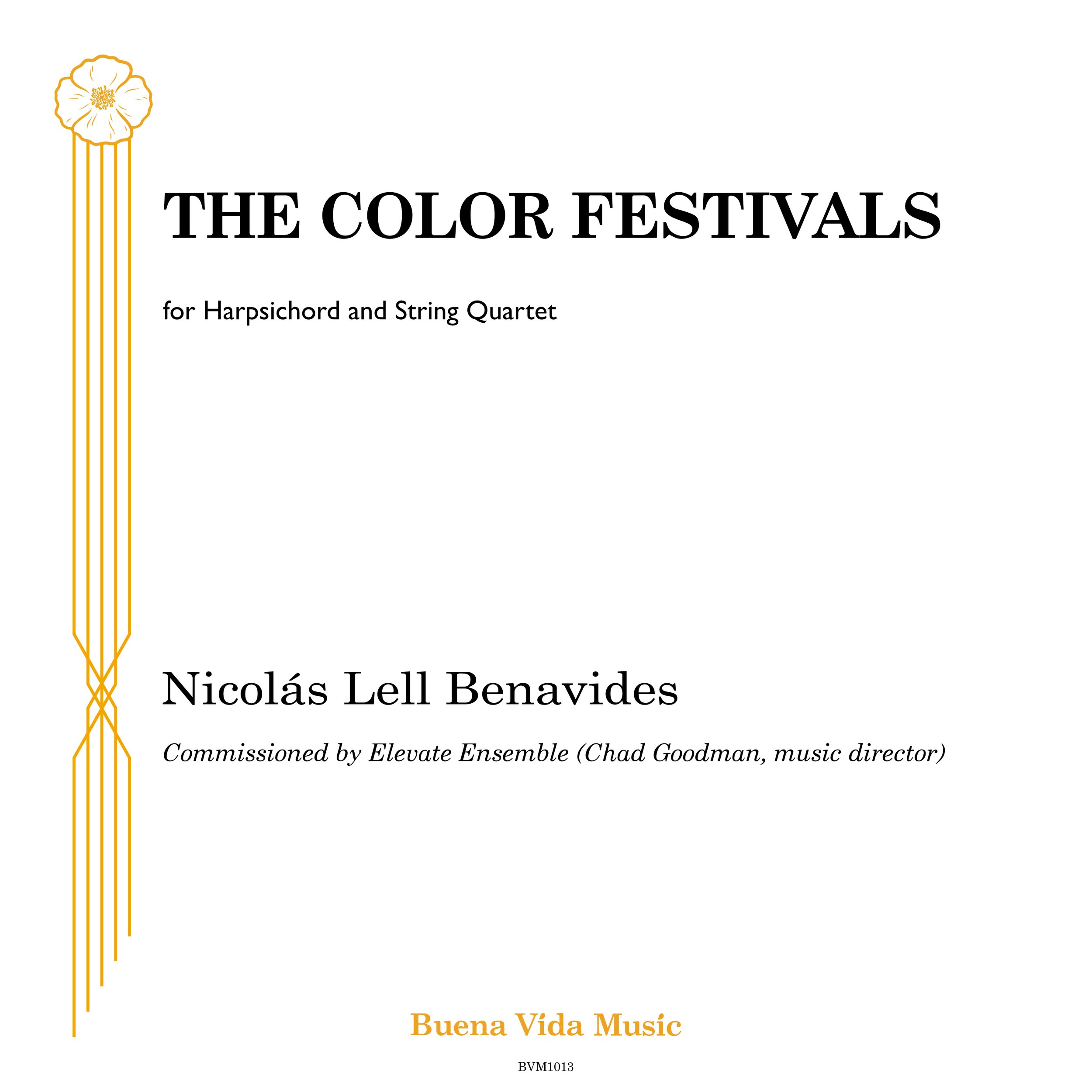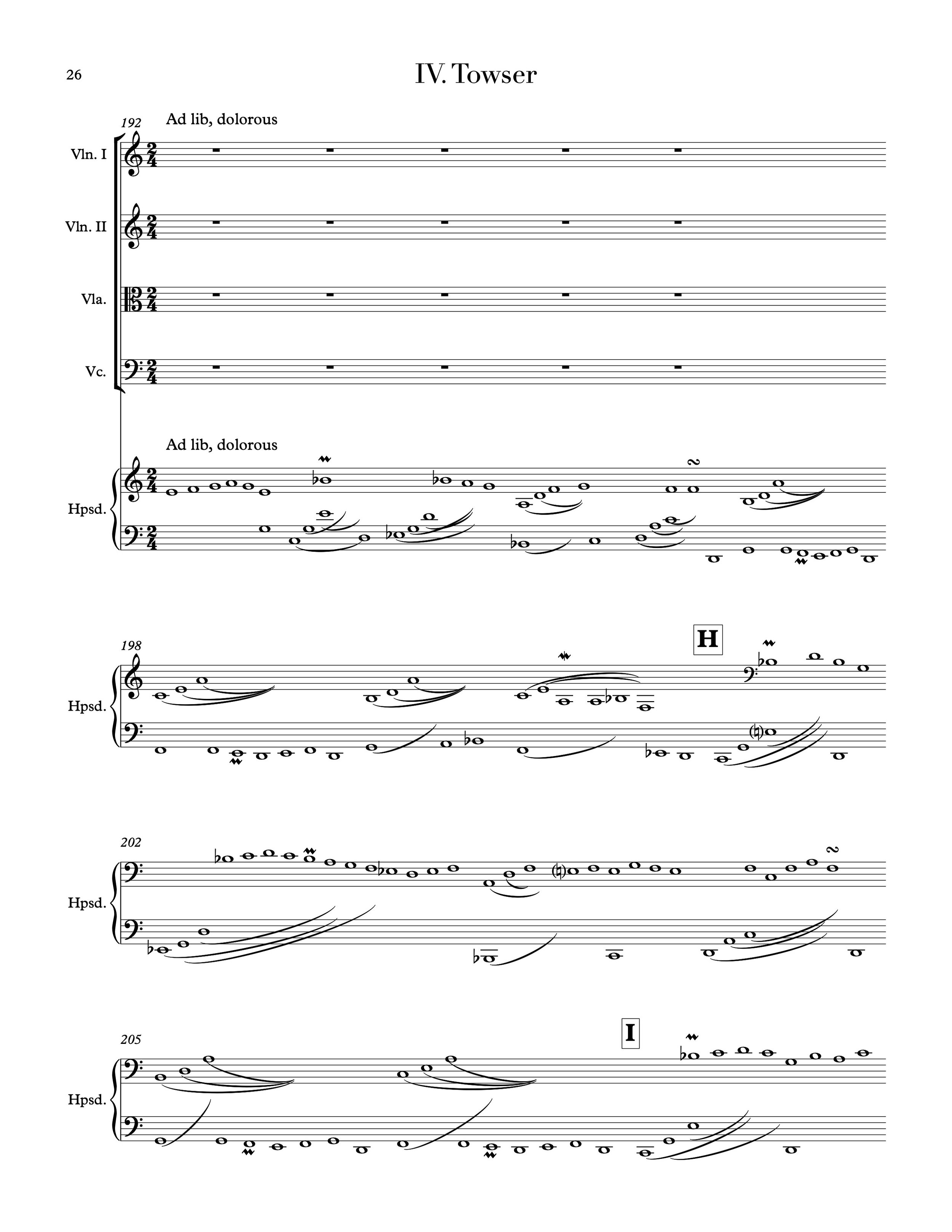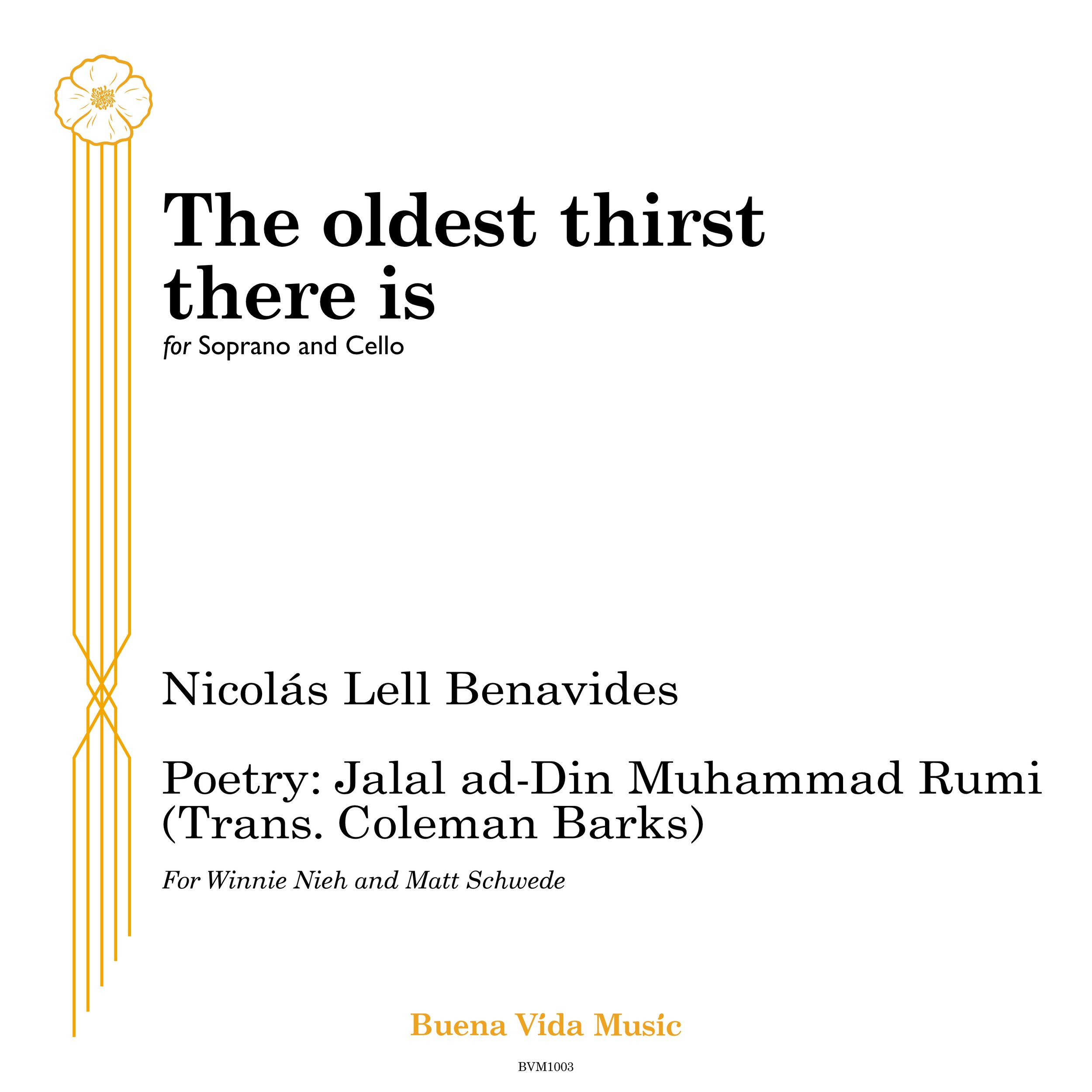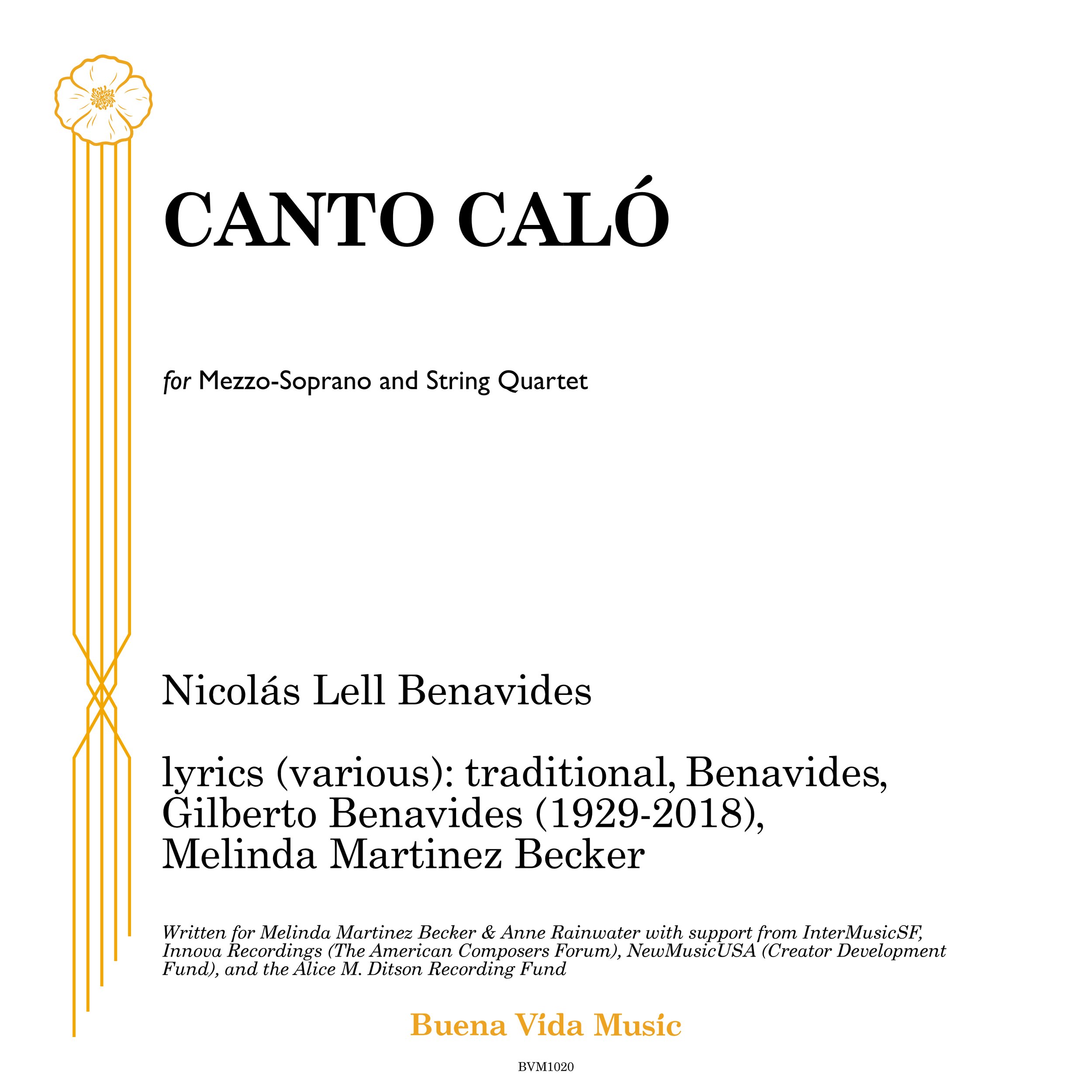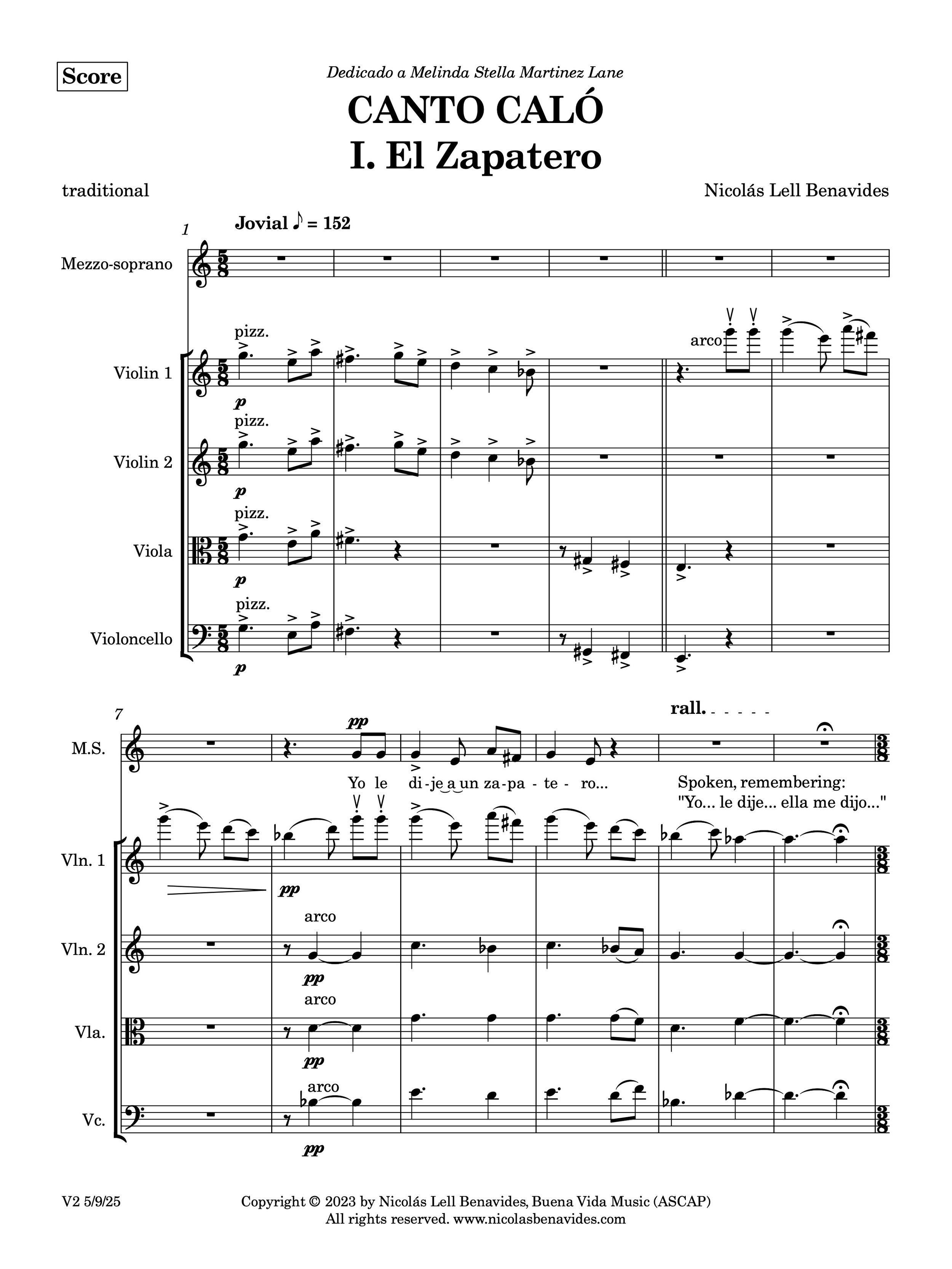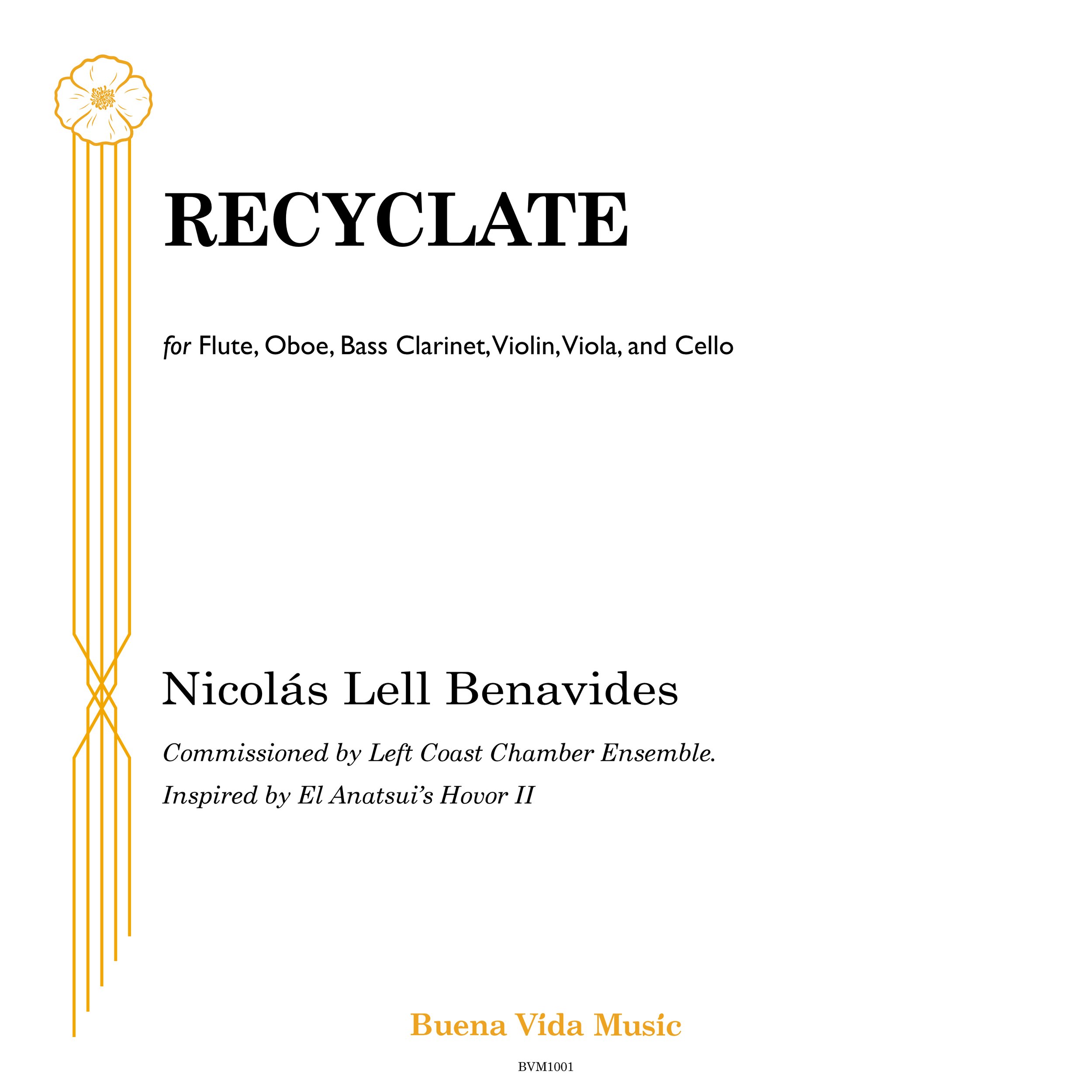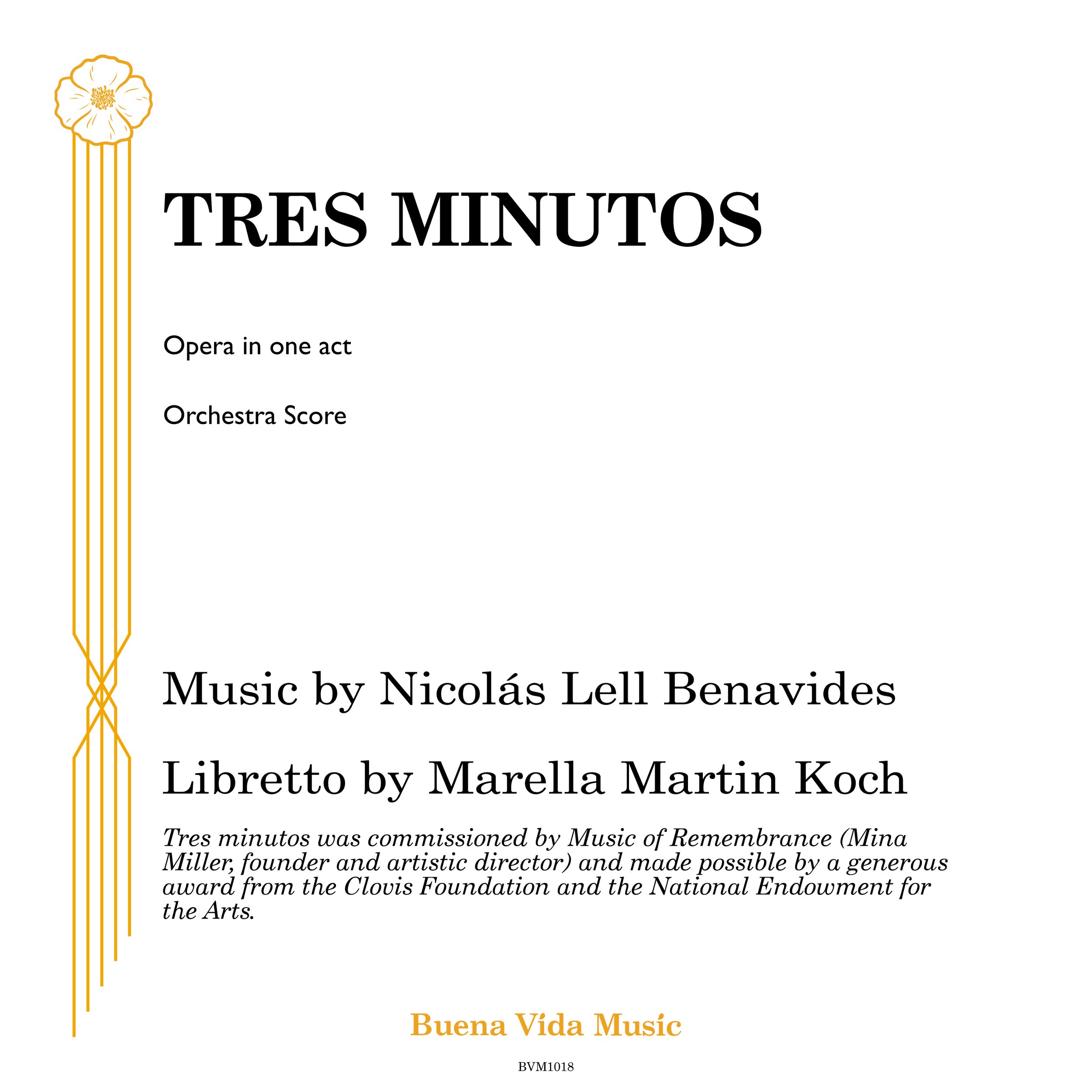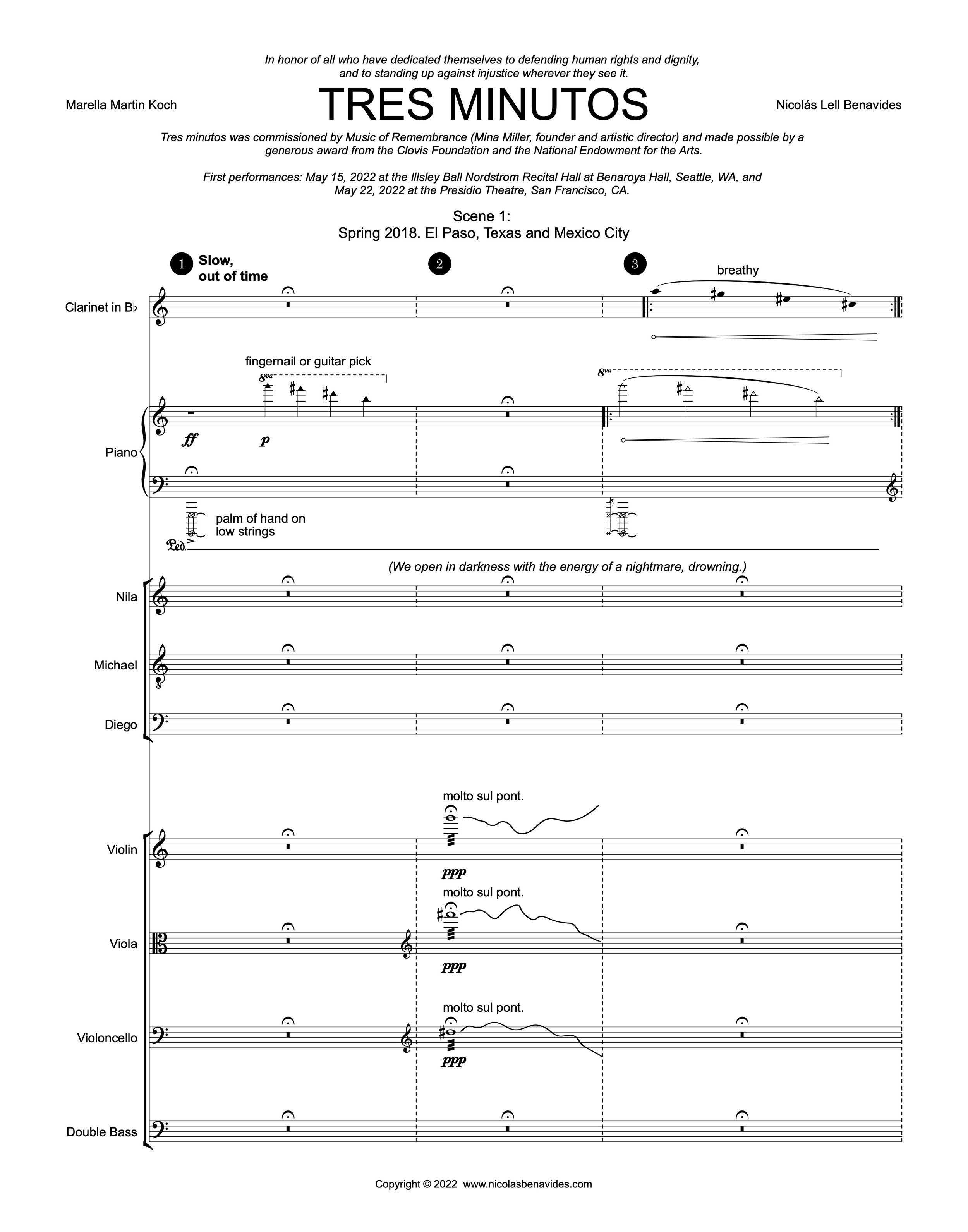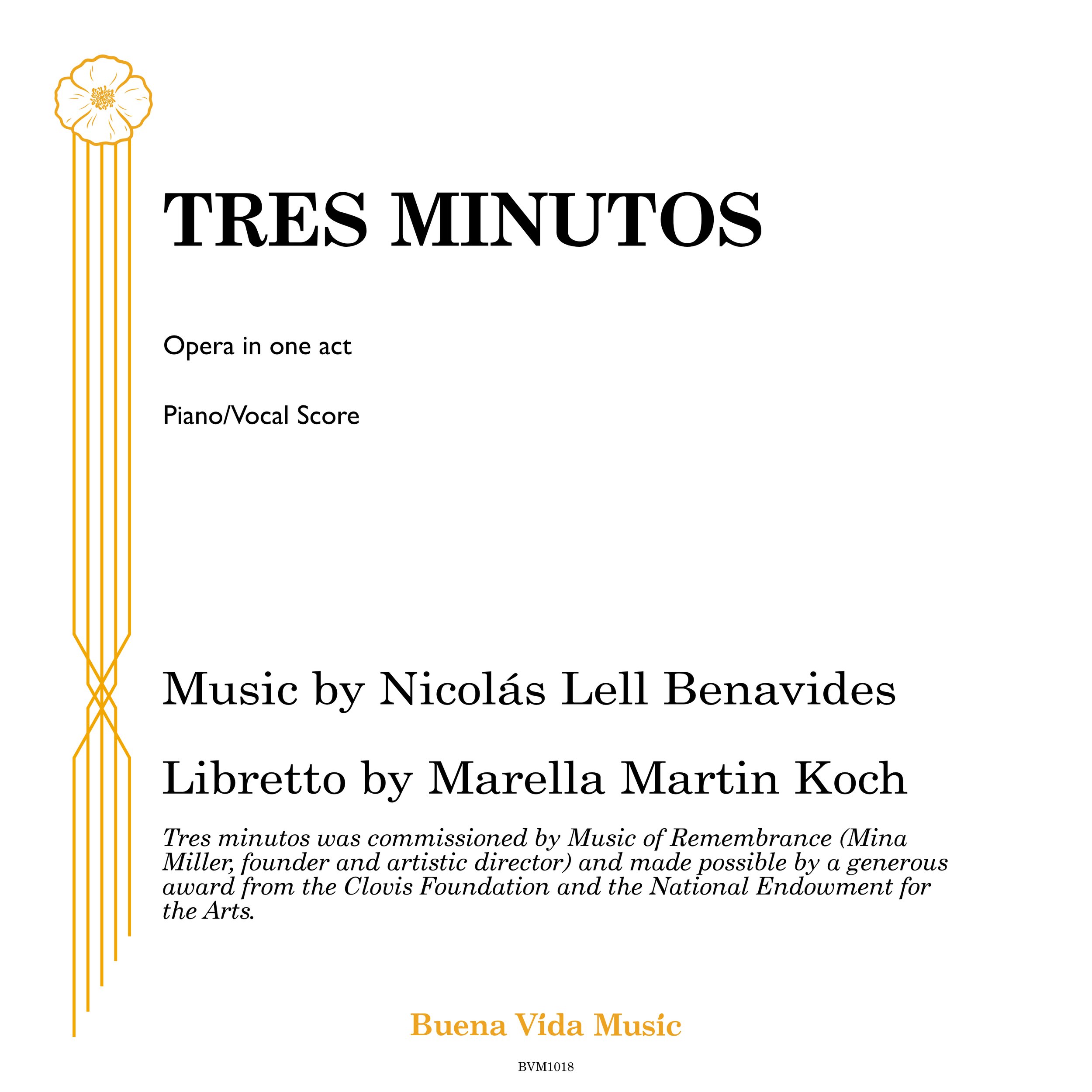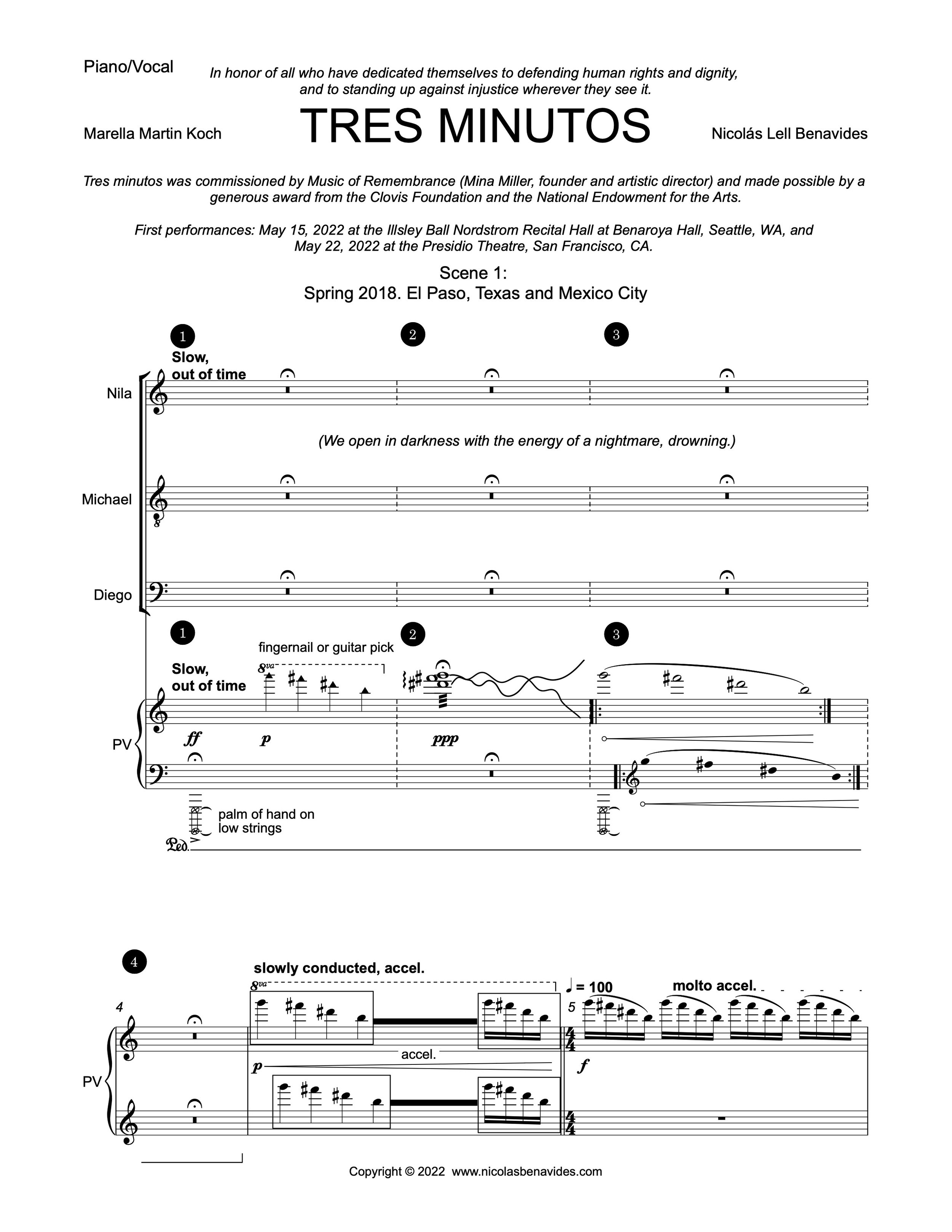Program notes
When I was a young child my dad loved to find out of print story books to read to me, enjoying the treasures that can be found in stories long forgotten. This set is based on the book Told by the Sandman written by Abbie Phillips Walker in 1916. This is the 100 year anniversary of these stories. Of all of the books my dad read to me, this one stood out the most. The stories are all variants of ones we’ve heard before (or since), however it was always fun to hear differences in tiny details. I’m no historian, but one gets the feeling that there was a great shift after World War II that in many ways made popular art and storytelling formulaic for the sake of profit. This book was not chained to a profit margin, and though it has its flaws, it really is an enchanting and genuine book. Notably, many of the stories lack princes and empower women. Witches often help protagonists by offering a little magical guidance, and even when patriarchs make sexist decrees (see The Enchanted Tree) it is often a woman or girl who comes to the rescue.
This set is essentially for children to listen, enjoy, and play. Inspired by Ravel’s Mother Goose Suite, I wanted to create a work of art that young people understand, but adults can enjoy as well. It’s childish, playful, and hopefully beautiful. As it is written for the harpsichord, I take many cues from its repertoire. Harpsichordists have amazing capacities for improvisation since it is how they control their volume, and I incorporate figured bass, unmeasured preludes, and even arpeggiation requests to allow the player to customize the piece.
This work is written for Elevate Ensemble with Chad Goodman conducting and Derek Tam playing harpsichord. They are incredible collaborators and I couldn’t have finished this without them.
The Enchanted Tree
A King has an apple tree that grows the most beautiful apples, however they are hard as rocks and cannot be eaten. He puts out a request in his kingdom, and says that the young man who makes his apples edible can have the princess as a bride. All the men in the kingdom fail, and a young peasant girl named Hester asks a witch for help. The girl dresses up as a young boy and the witch helps the girl fix the apple tree. The princess falls in love and the king is overjoyed and preparations are made for the wedding, however on the wedding day Hester finally reveals her identity. She explains she only wanted to help her mother, and the King decides change the wedding into a party celebrating Hester’s cleverness, and they adopt Hester as a new princess. The music is a regal chorale with some strange harmonic twists, featuring a harpsichord using figured bass.
Discontented Dewdrop
A dewdrop on a leaf is admired by a passerby, and tells the forest wind how it wishes to be even greater. The wind cautions it against wanting too much, and it asks the wind for help to drop into the river so it can see the world. The wind reluctantly agrees and the dewdrop is thrilled to be racing along with the river. The river eventually dumps into the ocean where there are fierce winds, and the dewdrop realizes that it is no longer admired by anybody, and wishes to be a dewdrop on a leaf again, but it is too late. The fierce ocean wind tells the forest wind to tell all of the forest dewdrops to be content with how special they are. The music is a perpetual motion piece, where one can hear a slightly off balance bubbling harpsichord that accompanies the wind who is steady and reasonable.
The Grumpies
A little girl named Nettie fakes being sick so as to get out of doing chores and read a book in bed. As she begins reading, a bunch of little goblin-like creatures approach her and introduce themselves as The Grumpies. They are playful and seem fun and reveal they were all once children who skirted their chores. Since they are lazy they try and force her to do work for them, and she realizes she had it better with her parents. She gets away and runs to her mother where she admits to her lie and offers to begin helping more often. This piece is rhythmic, fast, and dives in and out of pentatonic. The theme can be attractive but often takes more dissonant turns.
Towser
Towser is an old guard dog who was always good at his job on the farm. One day the farmer bought a young and beautiful dog and decided to replace Towser. He brought Towser inside to let him relax the rest of his days, but Towser was wise and knew the new dog’s inexperience would prove problematic. Towser was sad to be without work, and one night a burglar came onto the farm. The beautiful dog was a coward, and Towser chased the burglar out of the yard. The farmer realized that he should not have replaced Towser merely because of his age, and gave Towser his old job back. This piece is an unmeasured prelude in the old French style where the harpsichordist can choose his own rubato tempo. It’s sad and alone, as Towser felt when he was retired to the house.
The Land of “I Forgot”
Louise was a careless girl who always forgot to do things such as wash her face or do her chores. One day she met an older gentleman who seemed very kind and offers to walk with her. Before she knows it they are in a new village and she begins to notice that all the kids are doing things over and over again such as pick weeds that grew back, put hats away that repopulated on the floor, and sweeping steps that would become dirty as soon as they were clear. She asked him why they were stuck, and he told her this is the land of “I forgot”, where kids make up for the chores they forgot to do. Each time they forgot to do something it added up, and here they had to do that chore that many times. She ran back and vowed to not be so forgetful. The piece is a fugue largely inspired by Bartók, where one line is constant and meandering, and the other is always forgetting to keep up, often playing the wrong accidental (F natural vs F sharp, for example) or chromatically slipping out of line.
The Magic Gloves
Nora, an orphan, lived with her aunt and cousins who forced her to do all the work around the house. She was well mannered and worked hard to the point of exhaustion. A witch, seeing her plight, offers to give her gloves that will allow her to get her work done more quickly. She accepts and soon runs into other townspeople who were given seemingly impossible tasks like weeding a huge garden, cleaning a trashed tavern, or removing all the rocks from a field in order to ask for a young woman’s hand in marriage from a disapproving father. She helps them since she wants to share her good fortune, and as a thank you they give her two horses and a coach. She rides it back to her house where her cousins are amazed, and she tells them she will give them joy rides if they agree to help with the chores around the house. They think this is fair, and everybody lives happily ever after. The music starts off with the nagging of the sisters, which is pointy and claustrophobic, and in the blink of an eye her luck changes and the music becomes magical. At the end, the bedtime stories are told, and the music drifts away to lull the listener to sleep, ready for more stories the next night.
Nicolás Lell Benavides
